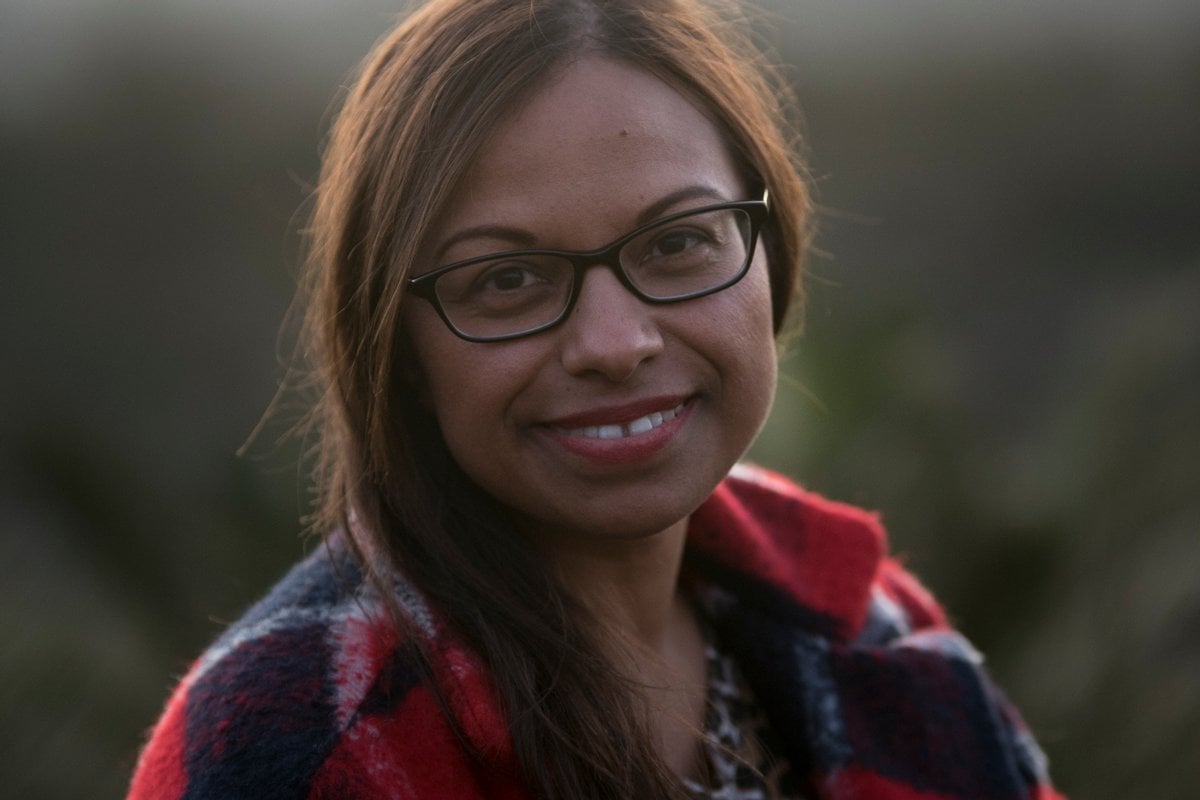
It’s Sunday, July 4, 2021.
I’ve just finished work for the day and I'm headed to the local shopping centre. I’m starting a new fitness challenge tomorrow so I’ve decided to spoil myself with new running shoes.
As I enter the sports store, in the space of what feels like two minutes, I experience not one, not two, but three microaggressions: the sales assistant does not leave me out of her sight, she goes on to assume I can't afford the shoes I’m looking at; then the security guard checks my bag and nobody else's after me.
How do I know? I stood outside the store and watched. You bet they didn’t get my hard-earned dollars. All of this on the first day of NAIDOC.
Watch: Indigenous Lives Matter. Post continues below.
At their core, microaggressions are small acts of prejudice, intentional or not, that are directed at someone within a marginalised group. They can be racial, environmental, involve sexual orientation, disability, gender and/or age.
As an Aboriginal and Indian woman, people constantly assume that I can’t afford to buy the products on offer, that I might steal something or that I don’t belong in Australia.
Microaggressions are cumulative and each one I experienced on Sunday was like an arrow piercing through my heart and into my spirit. After years of experiencing racism, the three microaggressions in a row represented the straw that broke the camel’s back.
